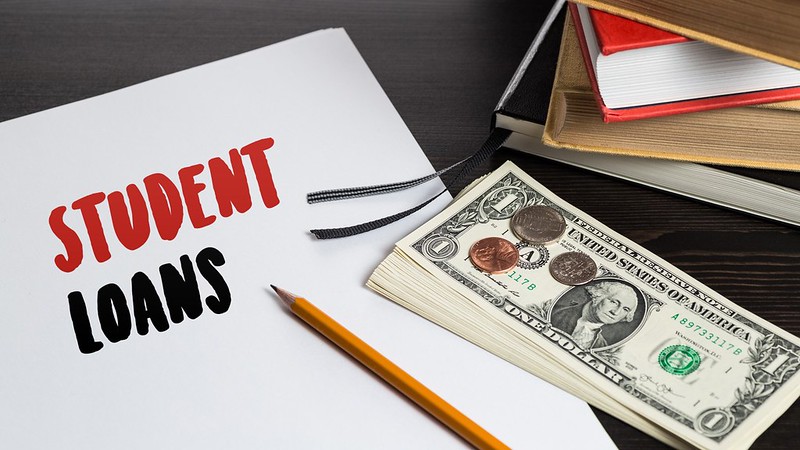What Happens When You Refinance a Student Loan

- Country:
- United States
Borrowers in the United States hold over $1.7 trillion in student loan debt. And this number is showing no signs of slowing down. If you’re working to pay down your student loans, refinancing is one path that might lead you toward financial security. Here’s what happens when you refinance a student loan.
What Is Refinancing Student Loans?
The first step in knowing what happens when you refinance a student loan is being able to answer the most essential question: What is refinancing?
If you’re used to being confounded by money issues, you might be surprised to learn that the answer is actually pretty straightforward. Refinancing is simply the act of taking out a new loan in order to replace a current one. This is an incredibly common process that is utilized by individuals, corporations, and even governments for all kinds of debt.
While it would be convenient if refinancing were exactly the same in all instances, this, unfortunately, isn’t the case. Though there are some nice perks to refinancing student loans—even above and beyond those of other types of debt—there are drawbacks as well. To make an informed decision as to whether or not refinancing is the right move for you requires some deeper knowledge about student loan refinancing.
What Happens When You Refinance a Student Loan?
Now that you have an idea as to the underlying mechanism of refinancing, it’s time to look at what really happens when you do this. It can make sense to break this up into intended and unintended results. Generally, your intentions are going to coincide with more positive outcomes than what’s not wanted.
The most common intent of a student loan refinance is to lower your interest rate. A lower rate means you’ll potentially pay back a drastically lower amount over the course of your loan. If you care about saving money, getting a lower interest rate through refinancing student loans is certainly a logical move.
Again, when you refinance student loans, you’re really just replacing the old with the new. This new loan can have all kinds of features attached to it. Those who want to get more aggressive or conservative with their loan repayment can alter the term of their loan when refinancing. A shorter-term will raise your monthly payment, but typically give you a lower interest rate and allow you to pay off your debt faster. A longer-term loan will lower your monthly payments but lead to you paying more interest at a higher rate over a larger time frame. Knowing what works best for you will allow you to pick the optimal student loan to refinance deal.
The whole process of refinancing student loans can be made much easier by working with an organization like Juno. Instead of being a lender, they partner with financial institutions that offer the absolute best student loan refinancing deals. You can save yourself a bunch of time and money by utilizing Juno’s services, which are free to the consumer.
Is There a Downside to Refinancing Student Loans?
Nothing can be the only upside. Of course, there are things that can happen when you refinance student loans that won’t necessarily work in your favor. The most relevant of these pertains to the fact that student loan refinancing can only be done through a private lender.
That’s right, while the federal government does offer Direct Consolidation Loans, these are only compatible with federal student loans and actually don’t lower your net interest rate. To take advantage of a lower rate, which is the main draw of refinancing in most cases, you’ll have to get a private loan. The thing is, when you do this, you’ll lose some of the inherent benefits of a federal loan, including forbearance and income-driven repayment plans.
Additionally, since all student loan refinancing must be done via private loans, this means the lender will run your credit before extending you the refinance offer. Those with a low credit score or income might be required to find a co-signer before they’re able to refinance their student loans.
While the actual act of refinancing a student loan is pretty simple, a lot of other things happen when you do this. Knowing the full spectrum of what happens when you refinance student loans will help you improve your financial situation, or potentially avoid a costly mistake.
(Devdiscourse's journalists were not involved in the production of this article. The facts and opinions appearing in the article do not reflect the views of Devdiscourse and Devdiscourse does not claim any responsibility for the same.)










